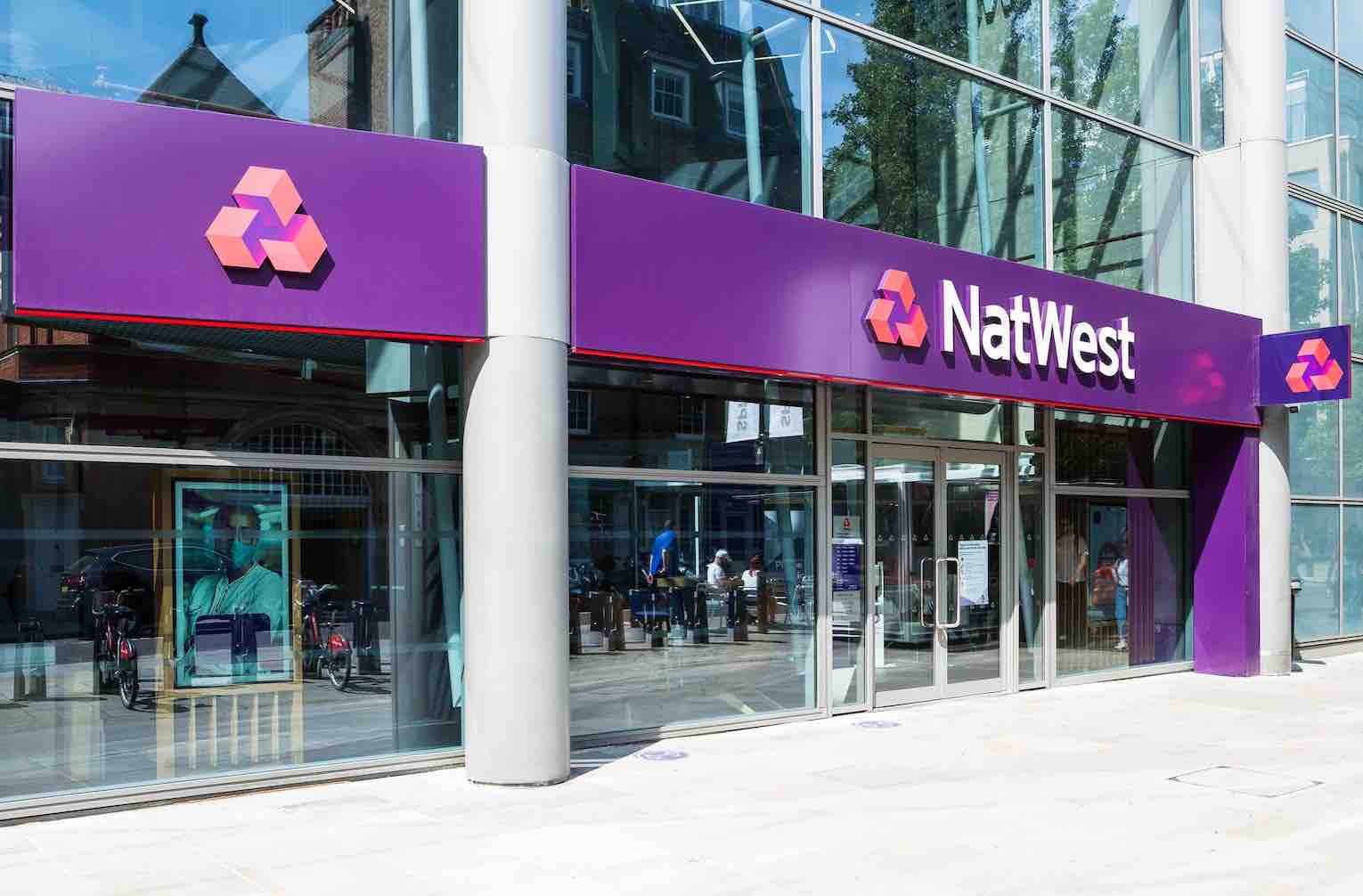Main Menu
- Top News
-
Saudi Arabia Embraces Digital Transformation in Banking Sector
July 4, 2024 -
Lenovo and Trustly Launch Secure Open Banking Checkout in Europe
July 4, 2024 -
Barclays Sells German Consumer Finance Business
July 4, 2024 -
Zand Partners with Taurus to Launch Digital Asset Services in UAE
July 4, 2024 -
CBN Enforces Acceptance of All US Dollar Denominations
July 4, 2024
- Regions
- Banking
-
Saudi Arabia Embraces Digital Transformation in Banking Sector
July 4, 2024 -
Barclays Sells German Consumer Finance Business
July 4, 2024 -
CBN Enforces Acceptance of All US Dollar Denominations
July 4, 2024 -
Swiss National Bank Open to Expanding CBDC Pilot Project
July 3, 2024 -
Federal Treasurer Approves ANZ’s $4.9bn Takeover
July 1, 2024
- Investment
-
Citi Analysts Introduce New Framework to Forecast Gold Prices
July 3, 2024 -
Santander Bans Investment Bankers from Using WhatsApp, Others
June 21, 2024 -
Sainsbury’s Sells Banking Assets to NatWest Group
June 21, 2024 -
BIS and MAS Launch Project Viridis
June 13, 2024 -
Leadership Change at London Stock Exchange Group
June 7, 2024
- Infrastructure
-
AIIB to Invest $1 Billion in African Projects
May 29, 2024 -
AfDB Commits $1.44 Billion to Boost Nigeria’s Infrastructure
May 29, 2024 -
EBRD Grants €236 Million Loan for Armenia’s Largest Road Project
May 23, 2024 -
TotalEnergies Criticises Slow Wind Power Approvals in France
May 23, 2024 -
DP World Expands Romanian Operations with New Hub
May 23, 2024
- Tech
-
Saudi Arabia Embraces Digital Transformation in Banking Sector
July 4, 2024 -
Lenovo and Trustly Launch Secure Open Banking Checkout in Europe
July 4, 2024 -
Zand Partners with Taurus to Launch Digital Asset Services in UAE
July 4, 2024 -
Robinhood Acquires Investment Research Platform Pluto Capital
July 3, 2024 -
FundPark Secures $250m HSBC-led Loan
June 26, 2024
- Featured
-
Current Dynamics of Financial and Real Estate Markets: Insights and Strategies
June 28, 2024 -
Successful tax transformation for international organisations
June 28, 2024 -
Deuna: Changing Lives, Empowering Dreams
June 28, 2024 -
The Bigger The Waves, The More Expensive The Fish
June 28, 2024 -
The Democratisation of Alternative Investments
June 28, 2024
- Videos
- Subscribe
- Magazine
- Awards
-
























